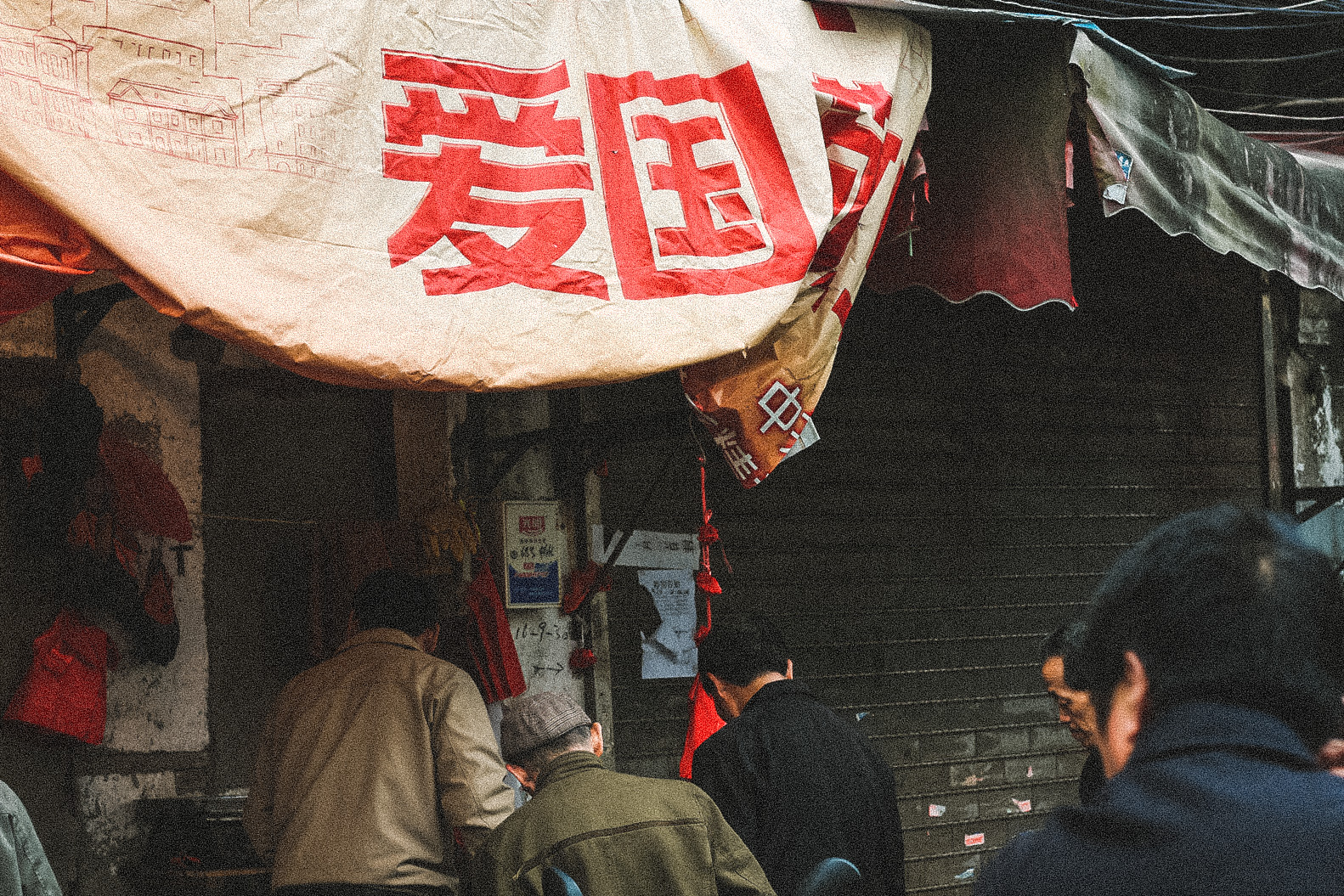China. A country which three-quarters of Singaporeans have blood links to.
I’m a third-generation Chinese immigrant. My grandfather on my mother’s side was the first to make the long trip from China to Singapore, and always took pride in telling us of “our great and wonderful China”. I was educated in Chinese-dominated schools my whole life, and as a result I have many friends who are Chinese nationals.
Despite all this, China seemed very far away for me. It was a distant concept, a stranger. I never saw myself heading there for any reason, probably for the rest of my life.
God had other plans. I found myself on plane to the south of China in the fall of 2016, for a conference with the local churches there.

We gathered in a small dingy hall on the outskirts of the city. The stench of cigarettes smoked and liquor spilled over the years clung onto the carpets. The worship setting was spartan compared to what we are used to at our weekly services back home.
To us it seemed like we had less-than-ideal facilities and equipment, but the locals clearly didn’t think so. As we interacted, their eyes carried a shine, a passion, an excitement that I haven’t seen in quite a long while in Singapore.
They were so eager to learn from us about praise and worship. They were so excited about the preaching of the Word. They had so many questions. They filmed and recorded down every single moment because they didn’t want to miss out anything.
Some of them shared with us that they faced difficulties in securing gathering venues. Some had to pick up multiple instruments to fill up the gaps in the worship team. Due to the Great Firewall of China, they don’t have access to the abundance of worship videos and tutorials we see on YouTube and Facebook. They conduct water baptisms in bathtubs at people’s homes.
They shared about how churches, especially in the recent years, have come under unprecedented pressure. This happens even to the government-sanctioned churches. Pastors have been arrested, church leaders put into mental institutions and on house watch, churches have been demolished, and crosses taken down and destroyed.
I felt a tinge of guilt as I listened to them. We take many things for granted in church back home: Resources, skills, experiences … even people.

In Singapore, we complain about the air-conditioning being too cold. We grumble when they don’t sing our favourite songs during worship. We get bored when the same topic is preached for the second time in a year. We get upset when others take our favourite seat in church. Have we become too comfortable at home? Have we gotten complacent? Have we forgotten what it is like to persevere, to fight, to hope for the things yet unseen?
To the church in China, their faith is like a lifeboat to keep them afloat, an anchor to cling onto. In their largely agnostic and atheist society, their pursuit of God is like walking on a tightrope; a story of the underdog, but without the triumphant ending in sight … yet.
My heart aches now when I think about how they have to fight for their faith and the right to worship. It breaks for those are being barred from finding out more in their search for a greater God. My head hangs low in shame when I think about the many occasions I took God for granted and was flippant about my faith.

I was initially hesitant to put into words these thoughts. I was afraid of facing these truths laid out before my eyes, and I feared I might place anyone in danger.
But I thought back to my biggest takeaway from my time in China: I brought back a gift. Or rather, the revelation of a gift. God has blessed me with the gift of being effectively bilingual in English and Chinese, so that I may hear the stories of the Chinese church and tell them to the world.
I realised this on our last night in China. As we took a drive around the city we were visiting, Matthew 9 came to my mind.
Jesus went through all the towns and villages, teaching in their synagogues, proclaiming the good news of the kingdom and healing every disease and sickness. When he saw the crowds, he had compassion on them, because they were harassed and helpless, like sheep without a shepherd.
Then he said to his disciples, “The harvest is plentiful but the workers are few. Ask the Lord of the harvest, therefore, to send out workers into his harvest field.”
If God has blessed you to be bilingual, will you just take a moment to think about how you could use that gift to bring the greatest gift of all to the 1.4 billion souls in China?









